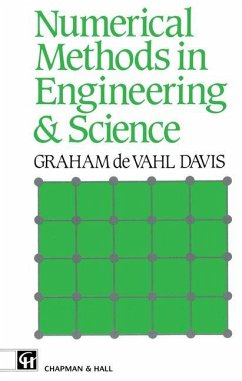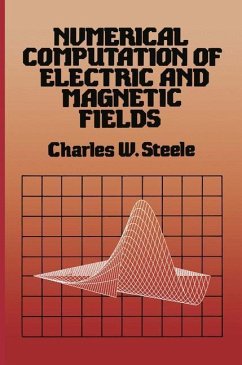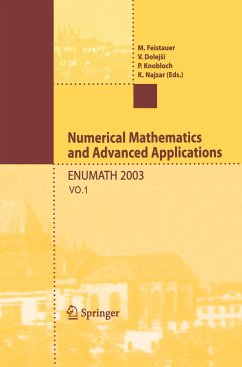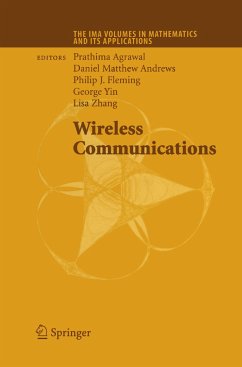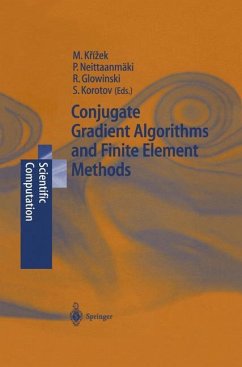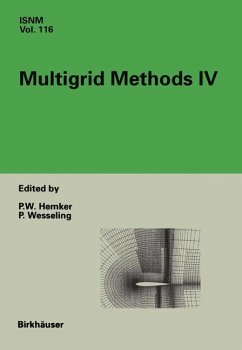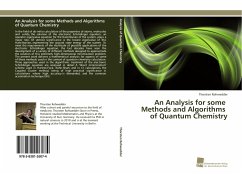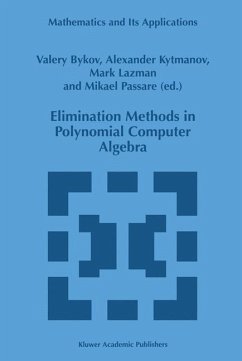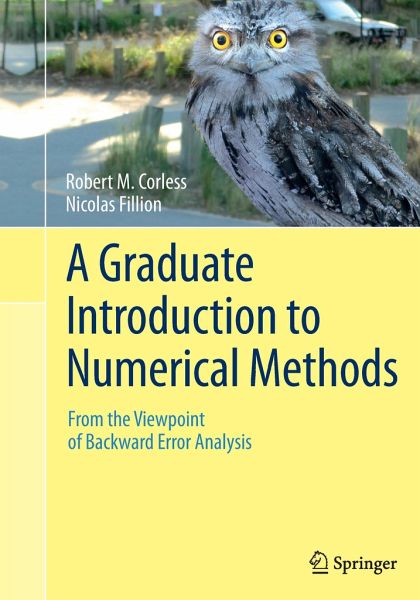
A Graduate Introduction to Numerical Methods
From the Viewpoint of Backward Error Analysis
Versandkostenfrei!
Versandfertig in 6-10 Tagen
51,99 €
inkl. MwSt.
Weitere Ausgaben:

PAYBACK Punkte
26 °P sammeln!
This book provides an extensive introduction to numerical computing from the viewpoint of backward error analysis. The intended audience includes students and researchers in science, engineering and mathematics. The approach taken is somewhat informal owing to the wide variety of backgrounds of the readers, but the central ideas of backward error and sensitivity (conditioning) are systematically emphasized. The book is divided into four parts: Part I provides the background preliminaries including floating-point arithmetic, polynomials and computer evaluation of functions; Part II covers numer...
This book provides an extensive introduction to numerical computing from the viewpoint of backward error analysis. The intended audience includes students and researchers in science, engineering and mathematics. The approach taken is somewhat informal owing to the wide variety of backgrounds of the readers, but the central ideas of backward error and sensitivity (conditioning) are systematically emphasized. The book is divided into four parts: Part I provides the background preliminaries including floating-point arithmetic, polynomials and computer evaluation of functions; Part II covers numerical linear algebra; Part III covers interpolation, the FFT and quadrature; and Part IV covers numerical solutions of differential equations including initial-value problems, boundary-value problems, delay differential equations and a brief chapter on partial differential equations.
The book contains detailed illustrations, chapter summaries and a variety of exercises as well some Matlab codes provided online as supplementary material.
"I really like the focus on backward error analysis and condition. This is novel in a textbook and a practical approach that will bring welcome attention." Lawrence F. Shampine
A Graduate Introduction to Numerical Methods and Backward Error Analysis" has been selected by Computing Reviews as a notable book in computing in 2013. Computing Reviews Best of 2013 list consists of book and article nominations from reviewers, CR category editors, the editors-in-chief of journals, and others in the computing community.
The book contains detailed illustrations, chapter summaries and a variety of exercises as well some Matlab codes provided online as supplementary material.
"I really like the focus on backward error analysis and condition. This is novel in a textbook and a practical approach that will bring welcome attention." Lawrence F. Shampine
A Graduate Introduction to Numerical Methods and Backward Error Analysis" has been selected by Computing Reviews as a notable book in computing in 2013. Computing Reviews Best of 2013 list consists of book and article nominations from reviewers, CR category editors, the editors-in-chief of journals, and others in the computing community.





